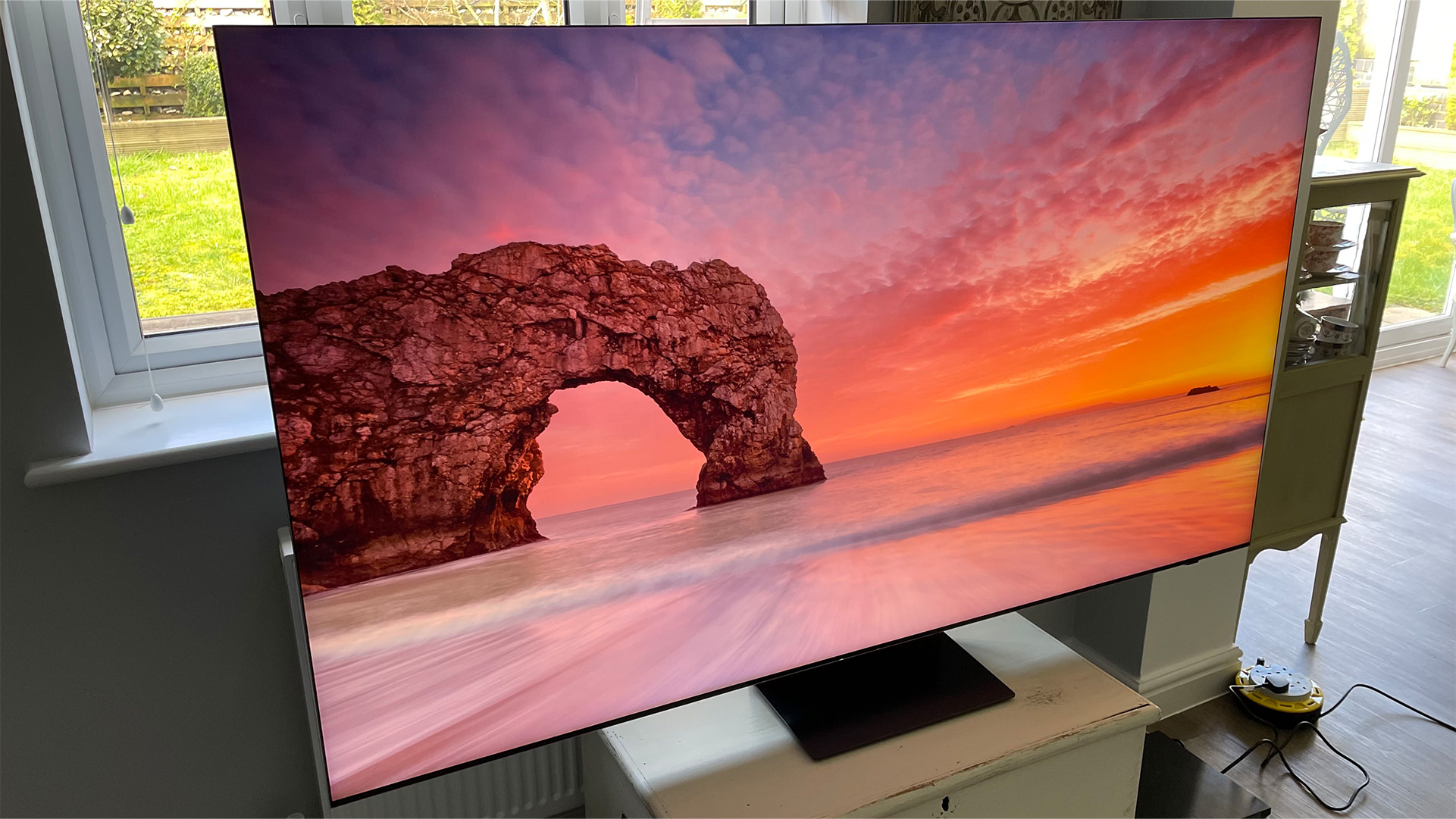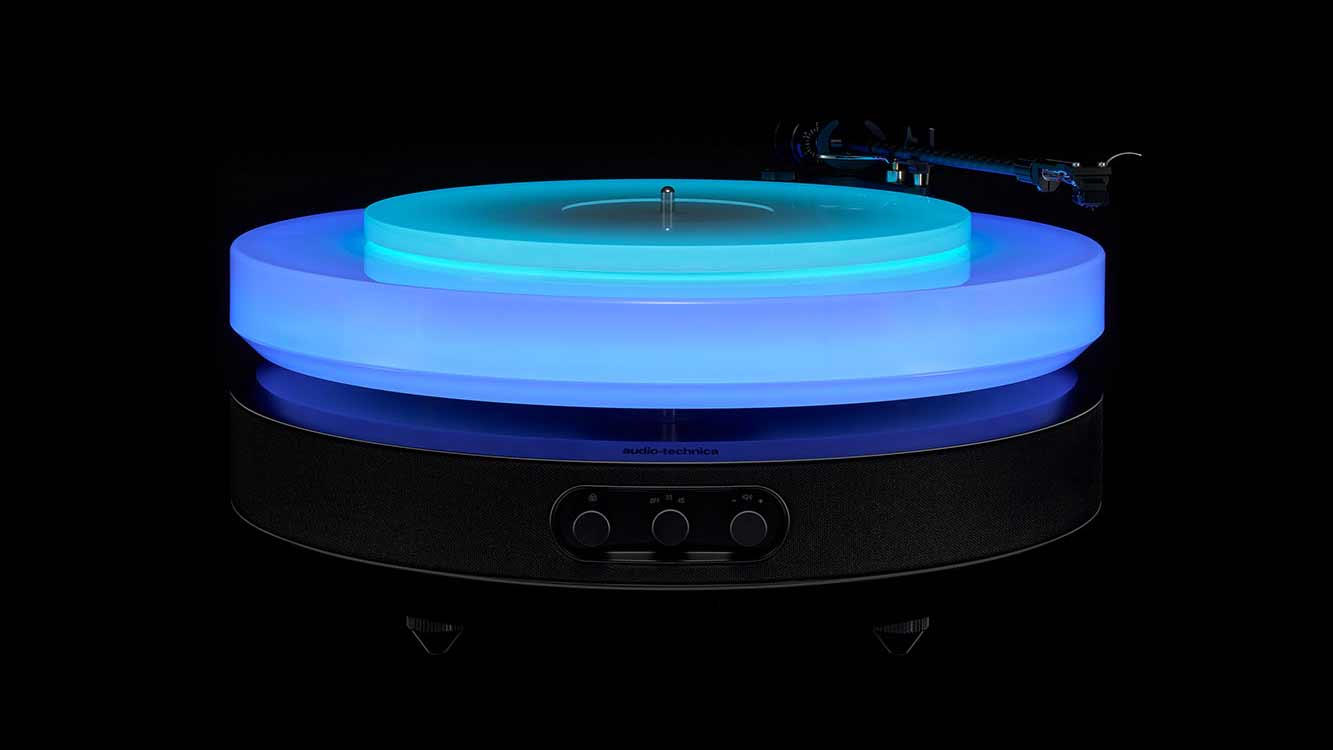Forget 4K 120Hz, Samsung's five-star 8K TV becomes the first to support 4K 240Hz
Gotta go fast

4K/120Hz gaming is becoming a commonplace feature in everything from premium OLED sets to mid-range LED TVs thanks to the standardisation of HDMI 2.1 and high refresh rate panels. The current generation of gaming consoles, namely the Xbox Series X and PS5, have also played a key part in this transition away from the 60Hz standard, but what comes next?
Samsung has answered this hypothetical by confirming that the QN900D, the company's flagship 8K Mini LED TV, now supports lightning-fast 240Hz refresh rates. While PC gaming fanatics will already be acquainted with this and even with higher refresh rates such as 360Hz on premium gaming monitors, this is a first for TVs.
Samsung reportedly confirmed that the QN900D supports 240Hz signals at CES 2024 at both 1080p and 4K thanks to the inclusion of the unique NQ8 AI Gen3 processor (which isn't featured on the other 8K models in Samsung's 2024 lineup).
There are, of course, some caveats to be made aware of. 240Hz signals will only be supported on high-end PC hardware, such as Nvidia's RTX 4090 graphics card, or Apple's higher-specced MacBook Pro and Mac Mini computers. That's because 240Hz signals over HDMI 2.1 require a system called Display Stream Compression (DSC) due to the signals requiring a higher bandwidth than 4K 120Hz.
That means that the aforementioned game consoles won't be compatible, however, they are already capped at 4K/120Hz with a very select list of titles that even support that feature, so this is no great loss. Sony has just unveiled the PS5 Pro, though we don't anticipate that it will support the higher refresh rate either.
Truthfully, even the top-of-the-range Nvidia graphics cards struggle to reach 240Hz at 4K in triple-A games with demanding graphical effects, however, less graphically intensive titles will certainly benefit from the higher frame rate. The benefits of 240Hz include greater responsiveness, reduced visual artefacts such as ghosting, and enhanced clarity in fast-paced games.
MORE:
Get the What Hi-Fi? Newsletter
The latest hi-fi, home cinema and tech news, reviews, buying advice and deals, direct to your inbox.
Read our full Samsung QN900D review
Check out our picks for the best 8K TVs
And here are the best gaming TVs
Lewis Empson is a Senior Staff Writer on What Hi-Fi?. He was previously Gaming and Digital editor for Cardiff University's 'Quench Magazine', Lewis graduated in 2021 and has since worked on a selection of lifestyle magazines and regional newspapers. Outside of work, he enjoys gaming, gigs and regular cinema trips.
-
Friesiansam I can't see it being many years, before 8K TVs go the way of 3D and curved screens.Reply -
TempleOrion Reply
I think you're wrong in that regard. 8K is a completely different beast to those other design technologies.Friesiansam said:I can't see it being many years, before 8K TVs go the way of 3D and curved screens.
Its just a natural progression IMHO but taking longer than anticipated... -
Tundrok 8K is pointless. 16K will be the next generation and anything between 4K-16K is just a fad at best. If you aren’t doubling pixels in both dimensions, it’s just an annoyance for compatibility and scalingReply -
Friesiansam Reply
If 8K is not taking off, due to high cost and near complete lack of 8K content, what makes you think people will want to pay even more for 16K? As for 16K content, methinks there is more likelihood of me growing an extra leg, than for such content to become commonplace.Tundrok said:8K is pointless. 16K will be the next generation and anything between 4K-16K is just a fad at best. If you aren’t doubling pixels in both dimensions, it’s just an annoyance for compatibility and scaling
